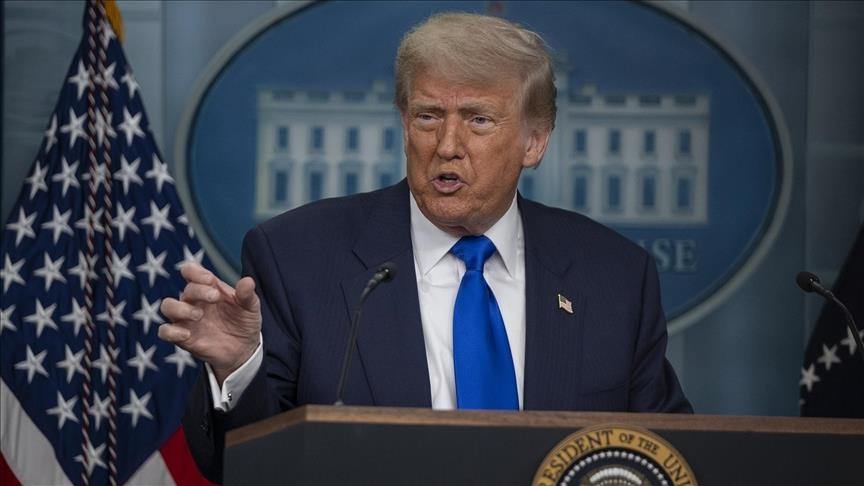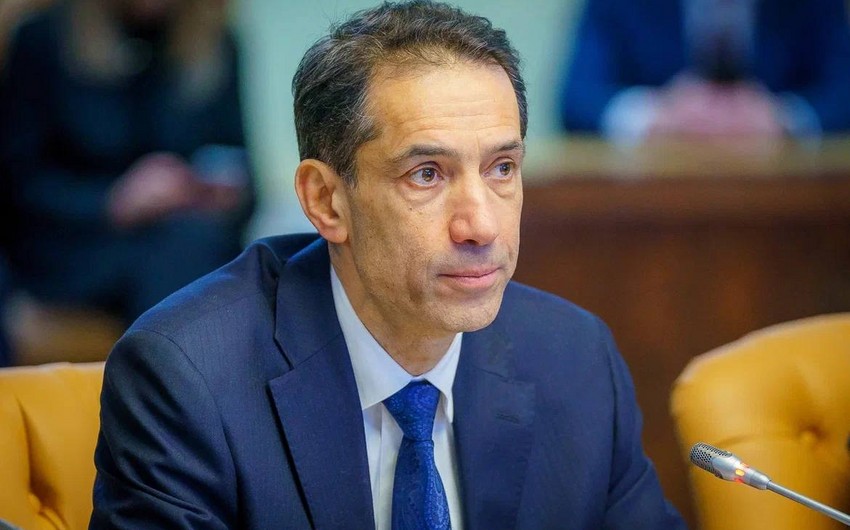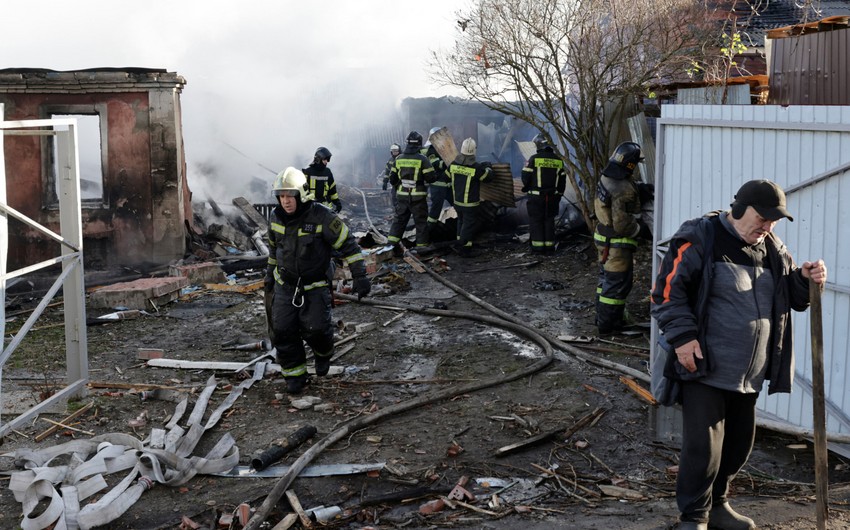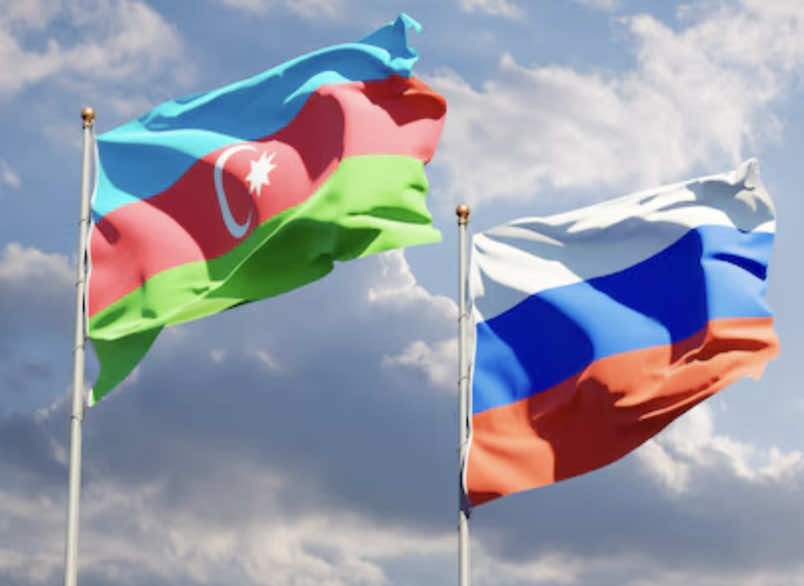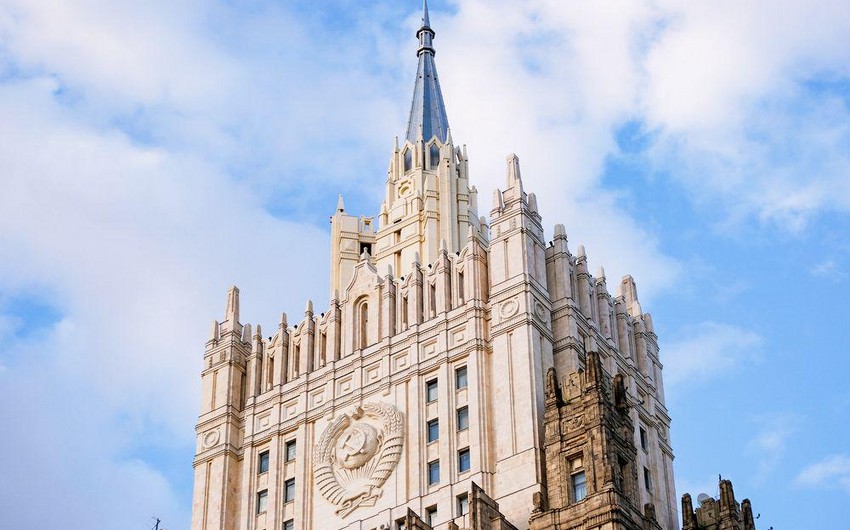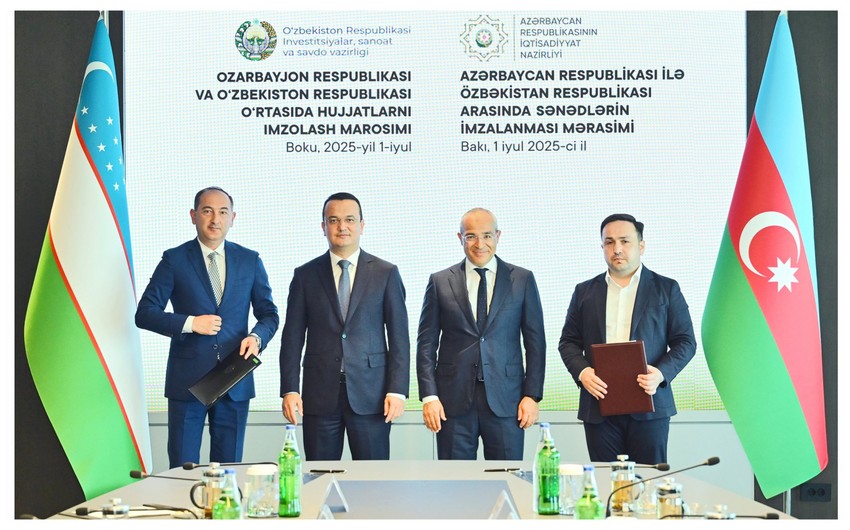Prime Minister and Liberal leader Mark Carney has called an election in Canada, kickstarting five weeks of campaigning before Canadians head to the polls.Voting day will officially be on Monday 28 April.It will be the first election in a decade without former Prime Minister Justin Trudeau on the ballot, and the two major parties in Canada - the Conservatives and the Liberals - are locked in a tight race.While Canadians don't vote for prime minister directly, the leader of the party that wins the most seats will traditionally become head of government.Here is a breakdown of the leaders of Canada's major parties.
Carney, 60, is the incumbent prime minister of Canada, but he has only been on the job for a few weeks.His party overwhelmingly chose him - with more than 85% of the vote - to succeed Justin Trudeau as Liberal leader in early March. He became prime minister shortly after, following Trudeau's resignation.For many in Canada and the UK, Carney is a familiar face. He was head of both the Banks of Canada and England, serving at the former during the 2008 financial crash and the latter during Brexit.He was born in Fort Smith, Northwest Territories, making him the first Canadian prime minister from the north. Carney later grew up in Edmonton, Alberta, before he attended Harvard University and then Oxford, where he studied economics.
Carney is hailed for his financial expertise. He has also taken a defiant stance against US President Donald Trump, vowing retaliation against his tariffs and stating that Canada will never become the 51st US state.But Carney is politically untested. He has never been elected to public office in Canada, and this general election will be his very first. His French is also weak, which could be a liability among voters who feel strongly about preserving Canada's French-speaking heritage, especially in the province of Quebec, though so far polls have not suggested it's dragging him down in the province.Poilievre, 45, originally hails from Calgary, Alberta. He has been in Canadian politics for nearly two decades - first elected to the House of Commons at age 25, making him one of the youngest MPs at the time.Since then, he has consistently advocated for a low-tax, small government in Canada.
He is known for his confrontational style of politics. In recent years, Poilievre has tirelessly attacked the Liberals and Trudeau, saying that their "disastrous" and "woke" policies have worsened the quality of life in Canada, while promising a return to "common sense politics" if his party were to form government.It is a message that has resonated with many Canadians who have been worried about the country's housing crisis, stagnant wages and high cost of living. Poilievre has led in national polls since mid-2023, and analysts had projected a near-certain win for his party in the upcoming election.But the Liberal Party has since moved slightly ahead in the polls, following Trudeau's resignation, Trump's inauguration, and the rise of Carney as Liberal leader.
Poilievre has been criticised for his populist style of politics and has drawn comparisons to Trump at a time when Canadians have rejected the US President's tariffs and his rhetoric that Canada should become the "51st state".
Poilievre has sought to shift his messaging since, distancing himself from Trump and vowing to put "Canada first."
Trump himself has said that Poilievre, though the Conservative leader has been praised by Trump ally and tech titan Elon Musk.Still, they are a key player in Canadian elections, and their popularity in Quebec could determine the fate of the other major parties looking to form government.
Blanchet has led the party since 2019. He is known for his frankness, calling Trump's 51st state rhetoric nonsense.
"It's enough jibber-jabber," Blanchet said during an address on Trump's tariffs earlier this month in Montreal. "We can say whatever we want, but that doesn't mean we can do whatever we want."He has also dismissed Trump's tariffs, saying: "I'm sure there will be somebody on his plane between a basketball game and a baseball game to tell him, don't do that, because it's bad for us. I'm sure that at the end of the day, the voice of reason will prevail."
On domestic issues, Blanchet has pushed for Quebec to diversify its trade partners, and has asked for a prominent seat at Canada's economic planning table, noting that his province is home to the largest aluminium sector in the country - a commodity that has been targeted by US tariffs.Blanchet has also suggested that the appetite for an independent Quebec will "come roaring back" when and if the US-Canada relationship stabilises.Polling shows the Bloc - who are going into the election with 33 seats in Parliament - have been trailing behind the Liberal Party in Quebec.
Prime Minister Mark Carney has called a snap federal election in Canada, with voting scheduled for Monday, April 28, 2025. This election, set to determine the composition of the 343-seat House of Commons, is the first in a decade without former Prime Minister Justin Trudeau on the ballot. The two major parties—the Liberals, led by Carney, and the Conservatives, headed by Pierre Poilievre—are engaged in a tightly contested race.
Recent polls indicate a neck-and-neck race between the Liberals and Conservatives. According to a Nanos Research survey as of April 9, Carney leads Poilievre as the preferred prime minister, with 47% support compared to Poilievre’s 34%. Regionally, the Conservatives have gained traction in Ontario, while the Liberals maintain a lead in Quebec.
The election occurs against the backdrop of strained U.S.-Canada relations. President Trump’s recent actions, including the imposition of 25% tariffs on Canadian goods and provocative comments about annexation, have significantly impacted Canadian voters’ perceptions. Carney’s firm response to these threats has bolstered his standing among voters concerned about national sovereignty and economic stability.
Madina Mammadova\\EDnews


